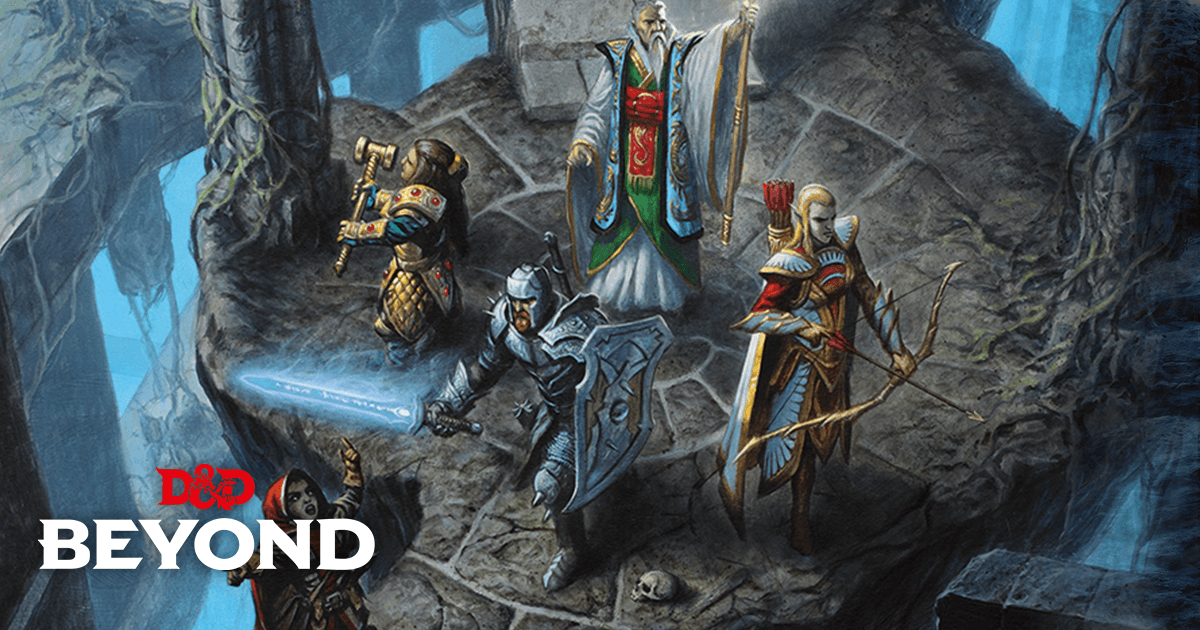Why?
I mean that as an honest question. You say this "should" be done. Why? What is gained from this?
In many places, folks state their preferred solution, without every being clear about what problem the solution is intended to fix. And that closes discussion of alternatives or adjustments to the scheme.
I gave reasons in a post where I was challenged about them.
1) Make Wizards/Sorcerers the most comprehensive caster classes.
2) Create greater class fantasy in the other caster classes by taking away specific spell level gains to add in thematic abilities.
3) Help to foster a greater sense of difference between the spellcasting classes.
By adding granularity to spellcasting you create a feeling of more significant difference between different kinds of spellcaster, different kinds of magic. And different leveling schemes while retaining the same overall leveling scheme.
Arcane magic becomes the steady progression of mastery over magic. While Clerics and Druids have their focus split with religious rites and whatever but still hold their own in overall power to arcanists. And then Warlocks and Bards, as occultists, take giant steps in power but plateau for a while between as they seek out -other- ways to flex their power before they attain a new level of power. Big mystical breakthroughs rather than continued study, sort of.
And then you have the design space it creates. What ability could you give to someone that is as powerful as 2nd level spellcasting? What class identity can you put in at that level that winds up dropped off to the wayside because they get new spells and thus need no class ability in standard 5e?
Cleric Class Details Arms and eyes upraised toward the sun and a prayer on his lips, an elf begins to glow with an inner light that spill...

www.dndbeyond.com
Druid Class Details Holding high a gnarled staff wreathed with holly, an elf summons the fury of the storm and calls down explosive bolts...

www.dndbeyond.com
Look at those class tables. They get almost nothing class specific after level 3. It's just improvement of their early level class-defining trait(s) and then Divine Intervention. Other than higher level spells there's just so little to look forward to. And, honestly... that's the same as Wizard.
Wizard Class Details Clad in the silver robes that denote her station, an elf closes her eyes to shut out the distractions of the battlef...

www.dndbeyond.com
Warlocks, at least, with their invocations get a variety of interesting options they can manipulate at different levels. And bards are a bit better off than most casters. But compare them to Barbarians and Rangers, Paladins and Rogues, Monks too. Fighters, not so much because they're designed to be as basic and generic as possible... The Wizards of Martial combat.
Practically every level sees new and interesting abilities that are thematic to the class. Gives them something unique an engaging. But spellcasters? "You get a new level of spells. Enjoy."
Sure, to some degree that means you get 'more customization' over your class... but it's kind of an illusion since you'll almost always take the "Good" spells and ignore the "Bad" ones, every time. I'm not even talking about optimization, here, either. Not talking about the people with spreadsheets figuring out which spells are the "Best".
I'm talking about things like
Rope Trick versus
Invisibility. If you're a wizard it might be good to have Rope Trick in your spellbook for specific situations, but a Sorcerer whose spells are limited?
Invisibility is going to be significantly more useful in a wider variety of situations.
To me? It just seems like this creates way more space to make the classes more interesting than a spell list.



